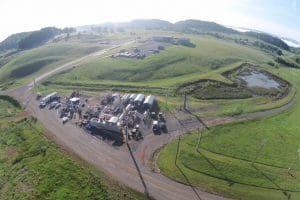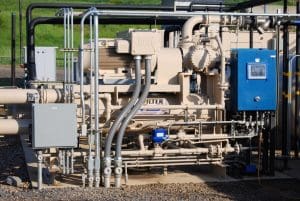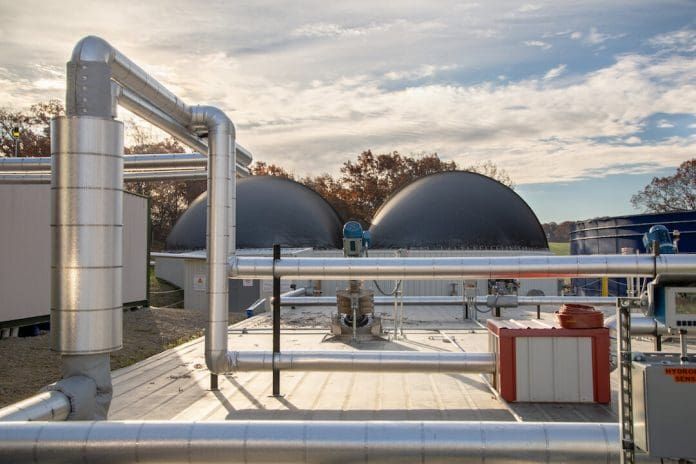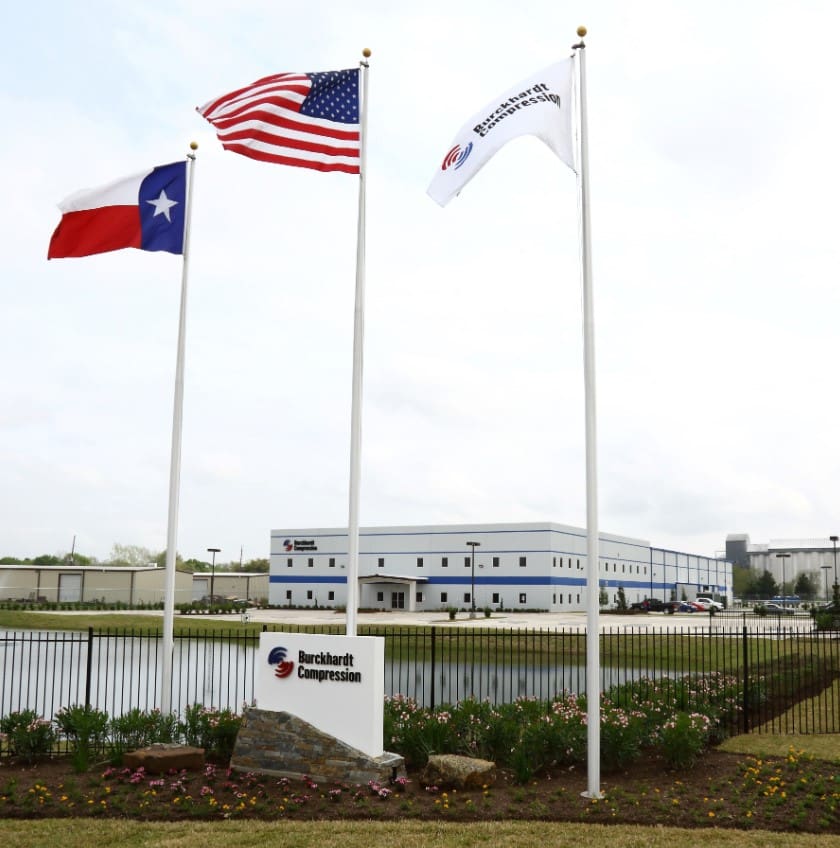While California continues to be a global leader in the fight against climate change, it still lags in one major area: reducing methane emissions from organic waste. In fact, despite aggressive statewide recycling policies, California continues to rank as a top state with the most organic materials in landfills per capita.
Organic materials, like food, animal waste, and green waste, remain the largest source of trash in California, comprising nearly 40% of the more than 30 million tons (27.2 million tonnes) of material that finds its way to landfills in the state each year.
Moreover, NASA released a report in 2019 revealing that methane – a greenhouse gas (GHG) produced by organic waste that is 84 times more potent than carbon dioxide (CO2) – is the largest source of California’s emissions.
The passage of Senate Bill (SB) 1383 in 2016 paved the way for a comprehensive strategy to reduce organic waste disposal 50% by 2020 and 75% by 2025 – the equivalent of more than 20 million tons (18.1 million tonnes) per year. As municipalities and companies throughout the state are now deciding how to meet the aggressive goals and requirements of SB 1383, renewable natural gas (RNG) production provides a direct solution to immediately reduce waste and emissions.
RNG production sustainably reduces emissions by capturing methane from existing food waste, animal manure, wastewater sludge, and garbage by converting it into renewable, clean fuel and energy that is powering thousands of homes, businesses, and communities across California.
Specifically, RNG derived from organic waste-to-fuel vehicles can provide a 125% reduction in carbon intensity. RNG sourced from dairy manure can result in a 400% CO2 reduction when replacing conventional vehicle fuels. In many instances, RNG has also been shown to be carbon negative (better than zero-carbon or carbon neutral) because of the carbon captured during the process.

In fact, the International Energy Agency’s (IEA’s) recent report concluded that without bioenergy sources like RNG, it will be virtually impossible to achieve carbon neutrality – a targeted goal of most countries and businesses looking to minimize the worst effects of climate change.
Thankfully, the framework for RNG use is already in motion in California. Data recently released by the California Air Resources Board (CARB), showed that, for the first-time ever, California fleets fueled by compressed natural gas (CNG) achieved carbon-negativity in 2020, as nearly 100% of natural gas vehicles in California are now fueled by RNG.
Meeting this carbon-reduction milestone is a prime example of what happens when good environmental policy meets sound business practices. California should be proud of the work it has done and the Low-Carbon Fuel Standard (LCFS) model it has created for states throughout the country to follow in the transportation space.
SB 1383 demonstrates California’s awareness of the methane created by the waste we produce as a society, but it only takes us partway there. By bringing RNG into the mix, California will do more than divert organic waste away from landfills – it will also deploy an industry to capture the emissions from our organic waste streams, and to create domestic, renewable, clean fuel and energy from them.

As important, RNG is immediately deployable. While many other sources of clean energy require expensive infrastructure updates, RNG takes advantage of the existing natural gas pipeline system, helps decarbonize it, and allows utilities to deliver reliable, renewable energy to their customers quickly. RNG is already helping California reach its carbon-reduction goals in the transportation sector. It’s time to expand that work to address methane emissions from our organic waste streams and meet our growing climate challenges immediately and head on.
Johannes Escudero is the founder and CEO of the Coalition for Renewable Natural Gas (RNG Coalition). Headquartered in California, the RNG Coalition serves as the public policy advocate and education platform for the RNG industry in North America.
















